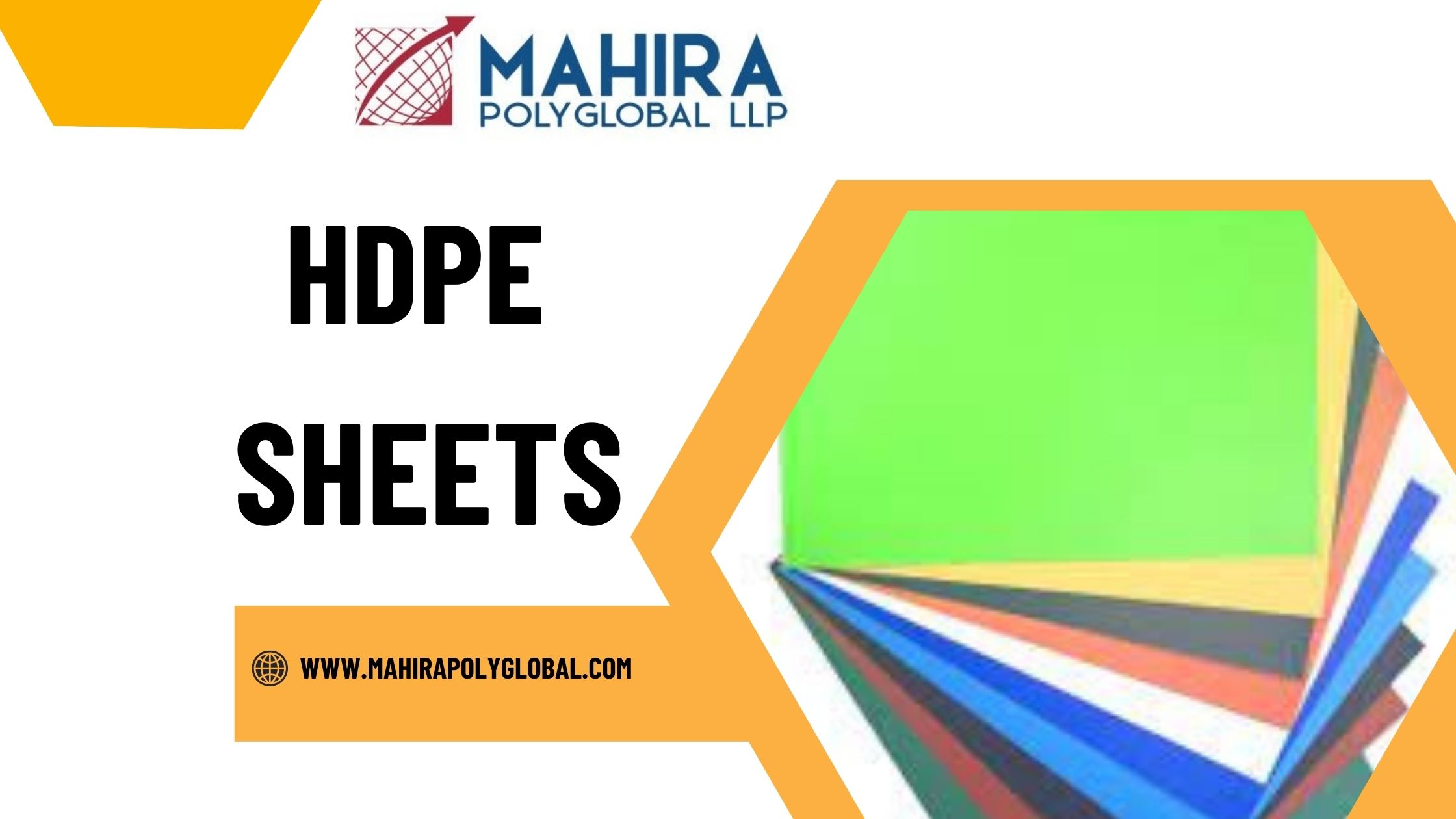High-Density Polyethylene (HDPE) sheets are a remarkable material widely recognized for their versatility, durability, and eco-friendliness. These plastic sheets are made from high-density polyethylene, a thermoplastic polymer that offers numerous benefits across various applications. In this article, we will explore the characteristics of HDPE sheets, their applications, advantages, and address some frequently asked questions.
What Are HDPE Sheets?
HDPE sheets are manufactured from high-density polyethylene resin, known for its strength-to-density ratio. The production process involves polymerizing ethylene gas under high pressure, resulting in a robust and lightweight material. HDPE sheets are available in various thicknesses and colors, making them suitable for a wide range of applications.
Key Characteristics of HDPE Sheets
- Durability: HDPE sheets exhibit exceptional resistance to impact, chemicals, and environmental factors. This durability makes them ideal for both indoor and outdoor applications.
- Moisture Resistance: These sheets are inherently moisture-resistant, preventing water absorption and making them suitable for wet environments.
- Chemical Resistance: HDPE is resistant to many chemicals, including acids and bases, which makes it an excellent choice for industrial applications.
- Lightweight: Despite their strength, HDPE sheets are lightweight, facilitating easy handling and installation.
- Eco-Friendly: HDPE is recyclable, contributing to sustainability efforts by reducing plastic waste in landfills.
- FDA Approved: Many HDPE sheets are FDA-approved for food contact applications, ensuring safety in food processing and packaging.
Applications of HDPE Sheets
HDPE Sheets Plastic find utility across various sectors due to their versatile properties:
- Construction: Used in building materials such as cladding and sheeting.
- Packaging: Ideal for creating containers, bottles, and packaging materials due to their strength and moisture resistance.
- Agriculture: Employed in pond liners and agricultural films to protect crops.
- Marine: Suitable for boat components and dock fenders due to their resistance to saltwater.
- Industrial: Utilized in the manufacturing of tanks, chutes, and liners for chemical storage.
Advantages of Using HDPE Sheets
- Cost-Effective: The longevity and durability of Hdpe Plastic Sheets reduce replacement costs over time.
- Easy to Fabricate: They can be easily cut, welded, or machined into various shapes and sizes.
- Weather Resistant: They withstand extreme temperatures and weather conditions without degrading.
- Low Friction Surface: This characteristic makes them suitable for applications requiring sliding surfaces or wear strips.
Types of HDPE Sheets
Plastic HDPE Sheetss come in various forms tailored for specific uses:
- Smooth HDPE Sheets: Ideal for applications requiring easy cleaning and chemical resistance.
- Textured HDPE Sheets: Provide better grip and are used in flooring applications.
- Colored HDPE Sheets: Available in various colors for aesthetic purposes or identification.
Conclusion
In summary, HDPE sheets represent a versatile solution across numerous industries due to their durability, lightweight nature, and eco-friendliness. Their resistance to moisture and chemicals makes them suitable for both commercial and residential uses. Companies like Mahira Polyglobal LLP specialize in manufacturing high-quality HDPE plastic sheets suitable for various applications. They offer customizable options based on specific requirements. As sustainability becomes increasingly important in manufacturing processes, the demand for recyclable materials like HDPE will continue to rise. Whether you are looking for materials for construction or packaging solutions, understanding the benefits of HDPE sheets will help you make informed decisions that align with both performance needs and environmental considerations.
Frequently Asked Questions (FAQ)
What is the thickness range of HDPE sheets?
HDPE sheets typically range from 0.5 mm to 25 mm in thickness, allowing flexibility for different applications.
Are HDPE sheets safe for food contact?
Yes, many HDPE sheets are FDA-approved for food contact applications, making them safe for use in food packaging and processing.
Can HDPE sheets be recycled?
Absolutely! HDPE is fully recyclable, which helps reduce plastic waste and supports eco-friendly practices.
How do I clean HDPE sheets?
Cleaning can be done with mild detergents and water. For tougher stains or residues, a soft scrubber can be used without damaging the surface.


